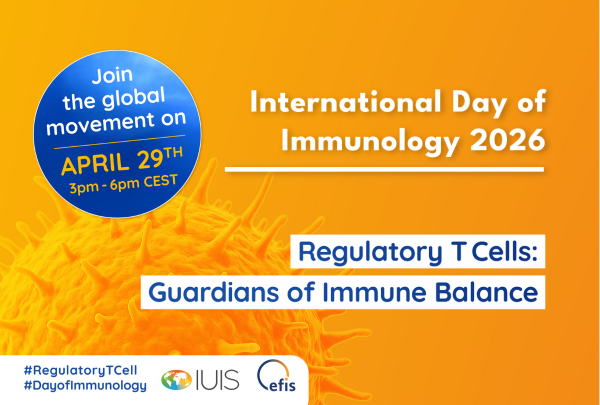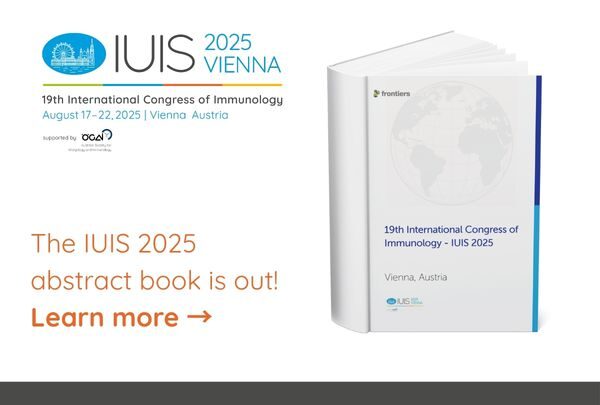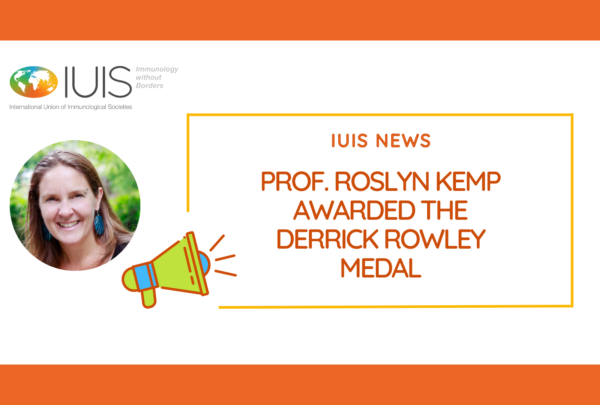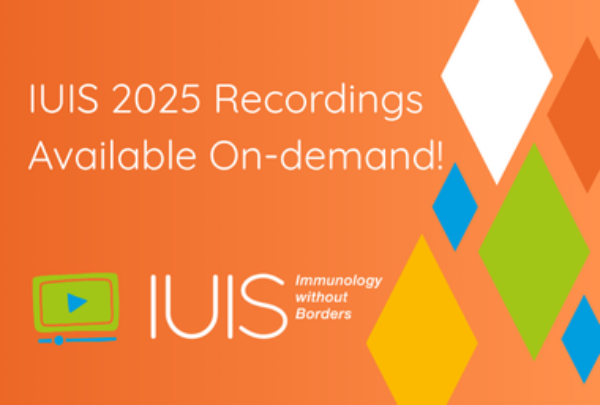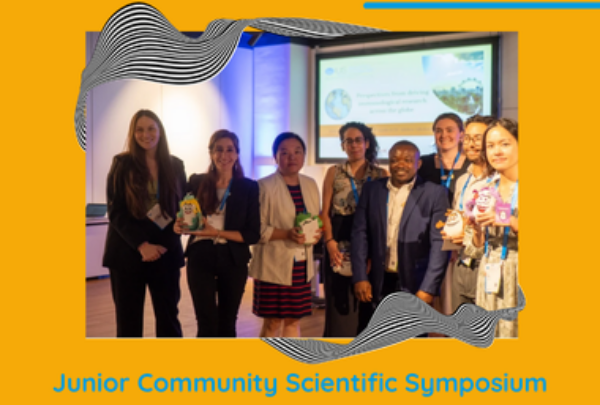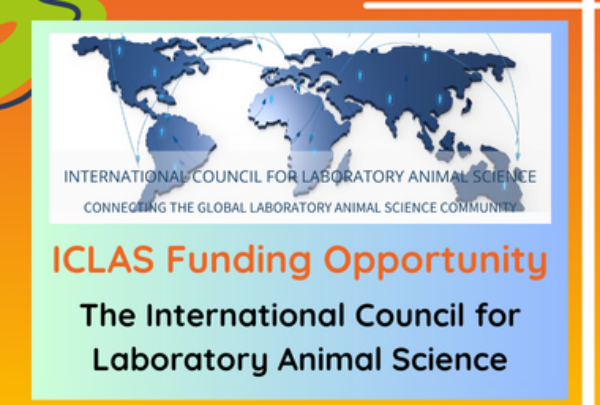7 May 2019
Asthma kills as many people as malaria: asthma medicines must reach everyone
Professor Innes Asher
World Asthma Day is marked on 7 May, and internationally, medical professionals and researchers are taking the opportunity to draw attention to this too common chronic disease.
Every day about 1,150 people die – largely avoidably – due to asthma (malaria kills about 1,175 people per day). Yet with correct diagnosis and treatment, many deaths from asthma can be prevented.
Most deaths and disability due to asthma occur in people who are not taking medicines, especially inhaled corticosteroids, which are more expensive, especially in low-income countries. How much longer must children and adults with asthma living in these countries have to wait for these essential medicines?
There are 339 million people with asthma globally, about 1 in 20 of the world’s population. Asthma is the commonest chronic disease in children and remains one of the commonest chronic diseases in adults, causing disability in many.
In New Zealand, more than 521,000 people are taking medicines for asthma − one in nine adults and one in seven children. Asthma causes a death here every week.
Professor Innes Asher of the University of Auckland is the Chair of the Global Asthma Network http://www.globalasthmanetwork.org/and received an ONZM in 2012 for her work in paediatrics. In 2017 she was appointed by the World Health Organisation (WHO) as an Expert on Chronic Respiratory Diseases.
She says “the strategies and actions to prevent asthma are described in the Global Asthma Report 2018, launched on its website today http://www.globalasthmareport.org/.
The Report is written by 53 authors from around the world and produced by the Global Asthma Network. The Report sets out what is known about asthma, its burden, management and where the major gaps lie, highlighting the above issues, intending to influence those in authority to act promptly and wisely to reduce the global burden of asthma”.
The Global Asthma Report 2018, describes the steps required to reduce the burden and mortality from asthma, and the data needed to monitor progress.
This patient story from Kenya should be a thing of the past:
“…I had run away from my husband, so that I go to die in my parents’ home. I had to stop working at the factory and I could not even do the housework….”
Funding and development partners
The Global Asthma Network received major funding from The International Union Against Tuberculosis and Lung Disease (The Union) from 2012-2015. It is also generously supported by funding from the following organisations:
Global Asthma and Allergy Patient Platform
Australia
Asthma Australia
Woolcock Institute of Medical Research
France
Aix Marseille University
Georgia
Center of Allergy & Immunology, Tbilisi
Latvia
Riga Stradins University
New Zealand
The Asthma Foundation of New Zealand
Auckland Asthma Charitable Trust
Boehringer Ingelheim
University of Auckland
Spain
University of Murcia
Valencia University
Sultanate of Oman
The Oman Respiratory Society
United Kingdom
The London School of Hygiene and Tropical Medicine
St Georges University of London
UK Medical Research Council
Funders of GAN Phase I Centres
Individual centres involved in GAN Phase I data collection were funded by the following organisations:
Damascus, Syria
Syrian Private University
Cape Town, South Africa
SA Medical Research Council,
Allergy Society of South Africa
Ibadan, Nigeria
Funded by Professor Adegoke Falade
